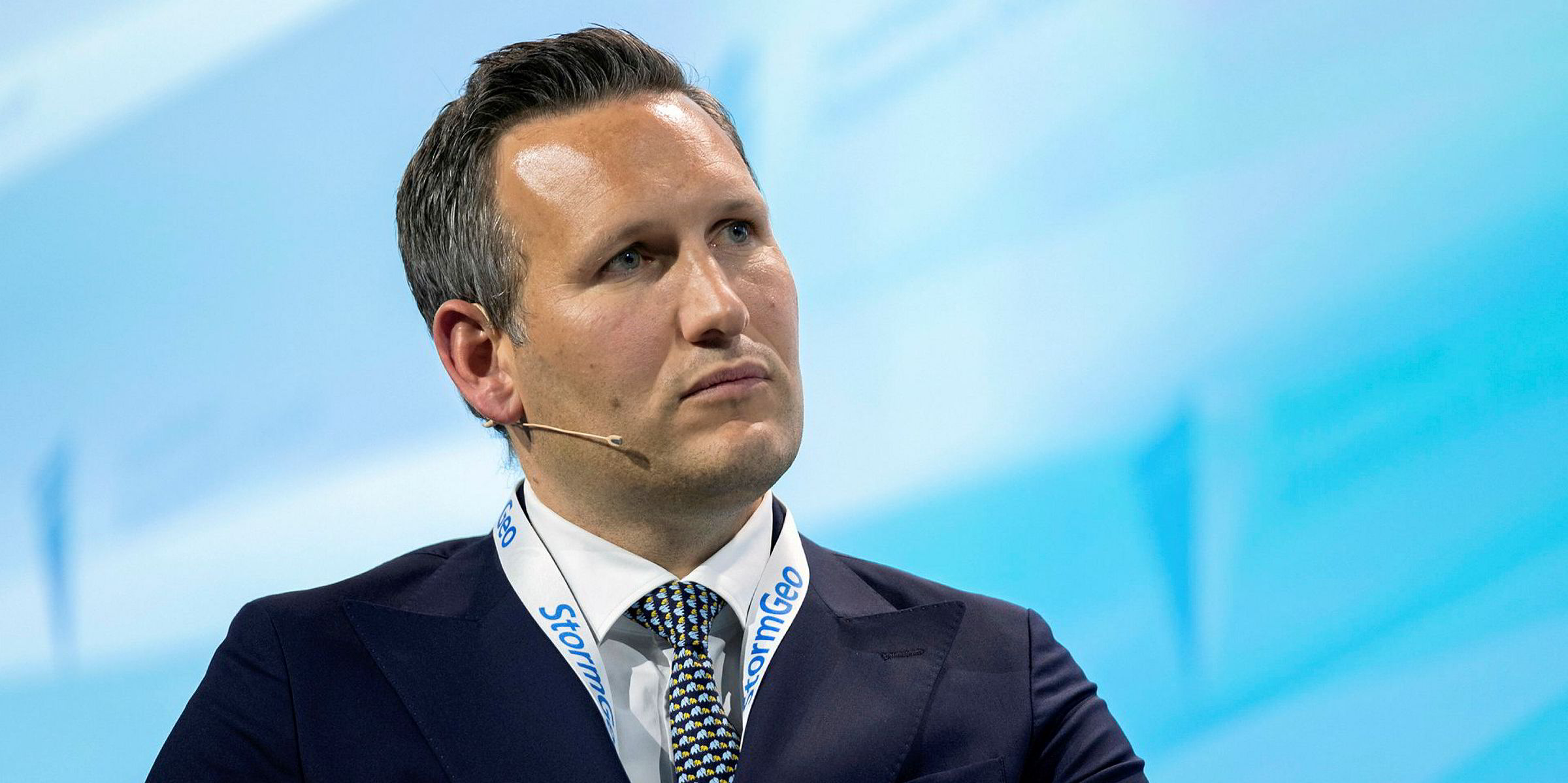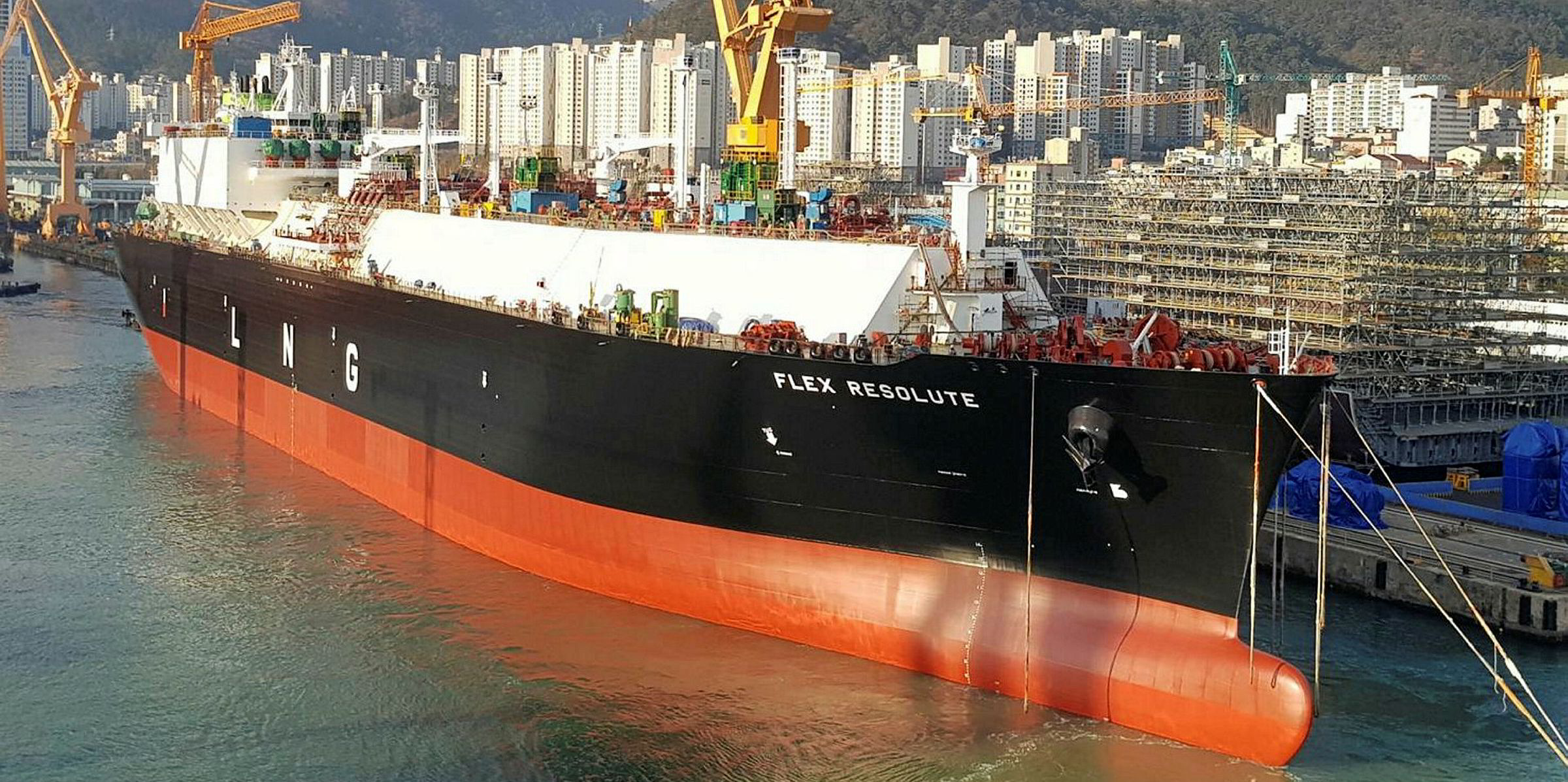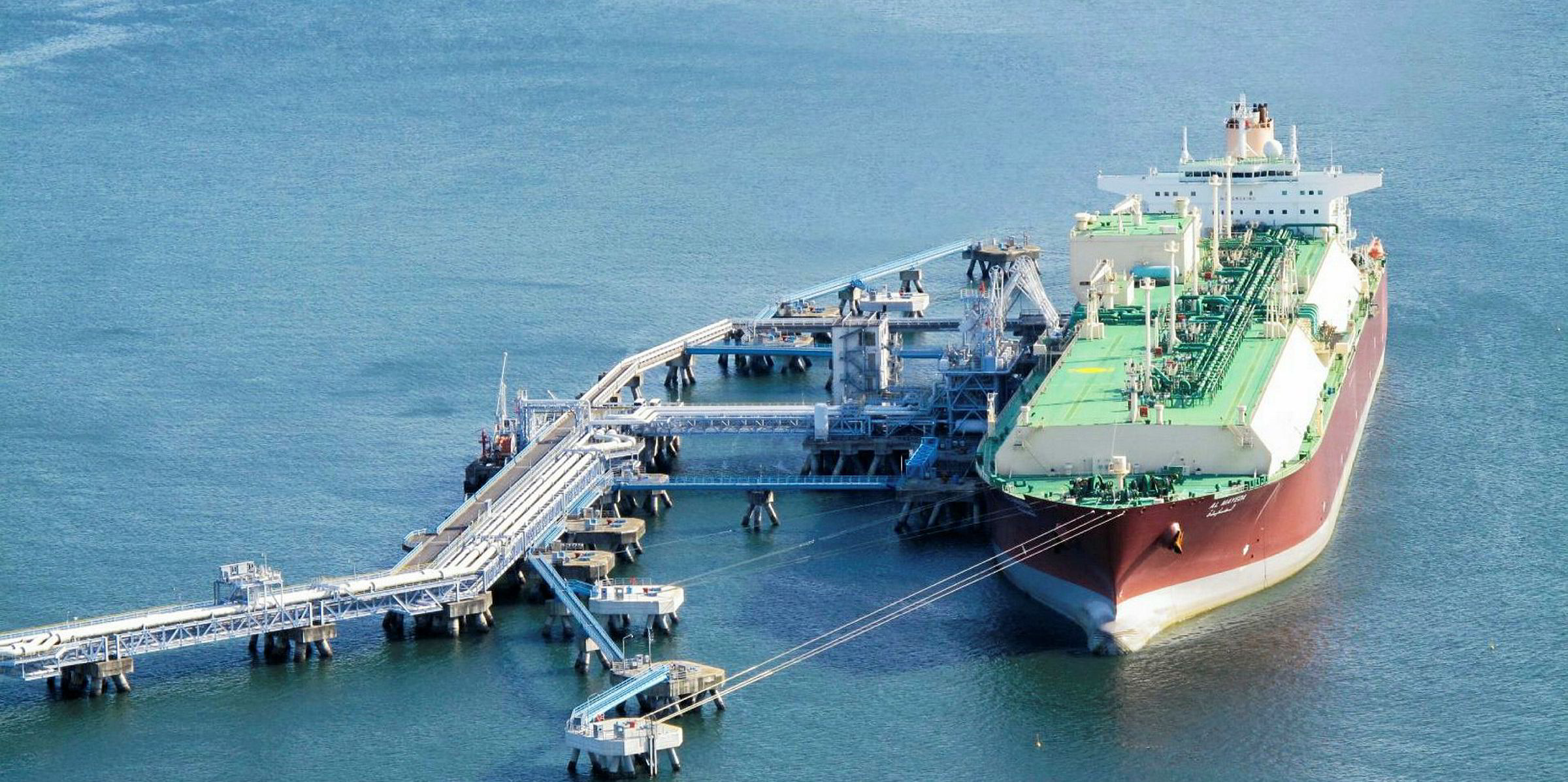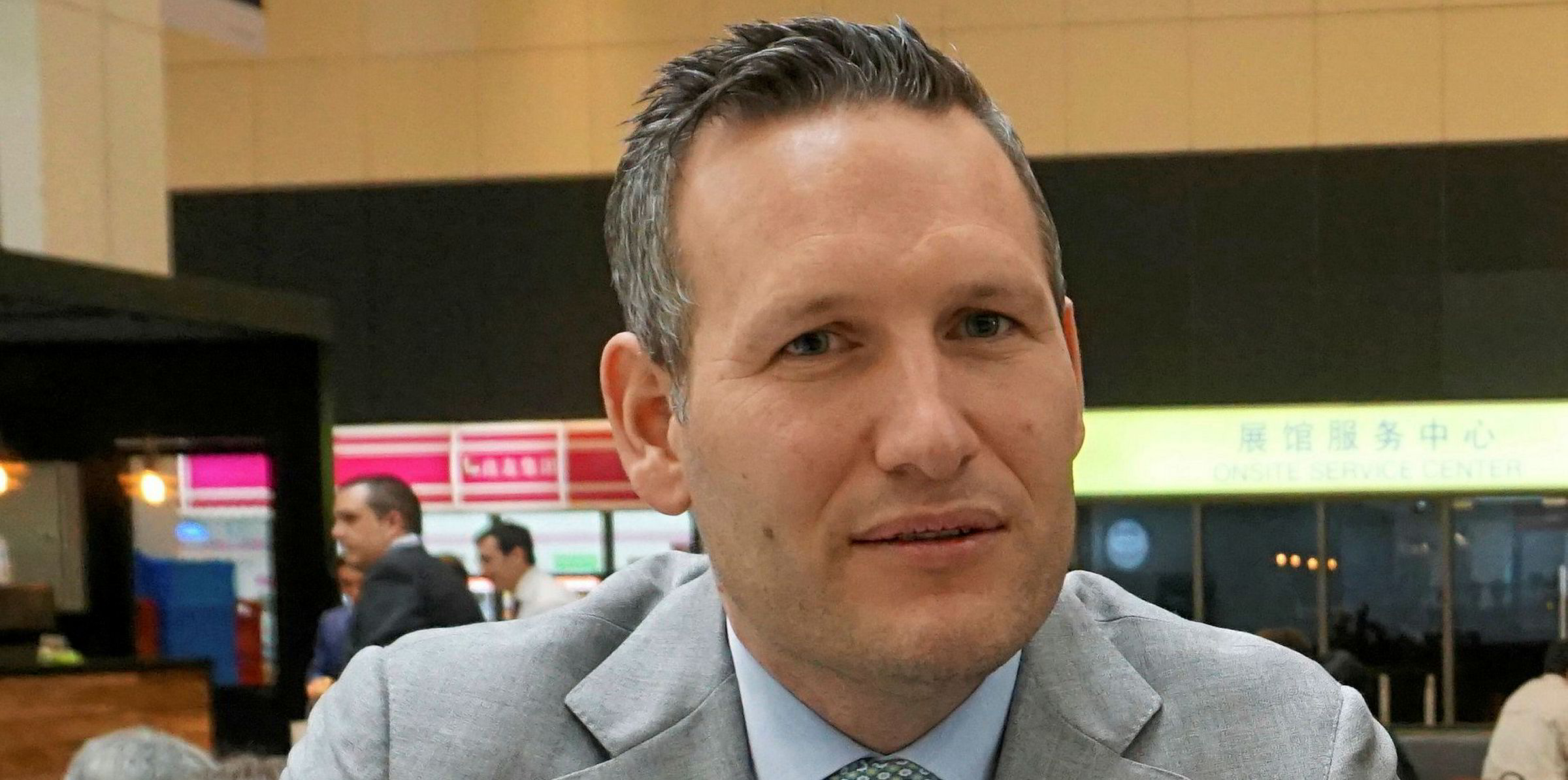John Fredriksen’s Flex LNG is forecasting a slowdown in the number of US LNG cargo cancellations from September.
Speaking in a short notice webinar Flex chief executive Oystein Kalleklev said the market has seen around 130 LNG cargoes cancelled in the period from April to August.
Kalleklev said the next US cargoes coming up for cancellations are those for September which their buyers have a deadline to declare on by 20 July.
“Given how [gas price] spreads are for September and October we expect cargo cancellations to taper off which will drive shipping demand and also freight rates,” he said.
The CEO said the market has seen export volume growth of 12.5 million tonnes of LNG in the first half of this year, with an estimated drop of 1.2 mt in June compared to 2019.
He said prior to the Covid-19 pandemic the expectation was for around 25.1 mt of LNG export growth for 2020 over the previous year.
To date, Kalleklev said US cargo cancellations have wiped about 9 mt off this figure, with some further shipments expected to be canned in September.
He flagged up Egypt, where production has halted, as potentially likely to remove 3 mt of shipments but pointed out that the two largest exporters — Australia and Qatar — are producing more LNG than in 2019.
“We expect growth to be fairly flat in the second half compared to 2019, with export growth over year to be 10 to 11 mt.”
He acknowledged that there are a variety of forecasts in the market, with Poten & Partners having one of the more bearish, but said this figure is in line with a report by Energy Aspect and Fearnleys’ June figures.
Kalleklev remains bullish on the prospects for LNG floating storage, quoting Energy Aspect’s estimate for potentially 50 LNG carriers tied up storing cargoes afloat this winter.
Booming
In the current charter market, he said rates for modern LNG tonnage have held at around $40,000 per day for the last three months.
He said this means owners are operating at “unsustainably low levels” where even those with older tonnage cannot cover their operating costs.
But he said fixture activity has been booming, although this has mostly been spot-focused due to market uncertainty and the less longer-term decision-making due to home working.
Kalleklev also spoke briefly about the fixture of three of the company’s five LNG newbuildings which deliver this year, as reported by TradeWinds on Wednesday.
He said Flex generally prefers fixing newbuildings ex yard as they do not have SIRE or inspection certificates. But added that these are proving very difficult to get due to the Covid-19 movement restrictions.
Kalleklev revealed that two of the three vessels announced this week as chartered out, two have been committed on fixed rates and one on variable hire with redeliveries on all three due in second quarter 2021.
He said there have been “a lot of market rumours” about the ships. But added that the company would not give too many details on the contracts as they are fairly short-term.
In addition, Flex has fixed another of its 2020-delivering newbuildings on long-term charter to Gunvor.
Kalleklev said of the company's six on-the-water vessels one is chartered to energy company Endesa, two are on variable contracts and three are trading in the spot market.
He said this mix ensures an adequate level of firm earnings while keeping exposure to the freight market — “a market which we expect to start improving about now," he added.







